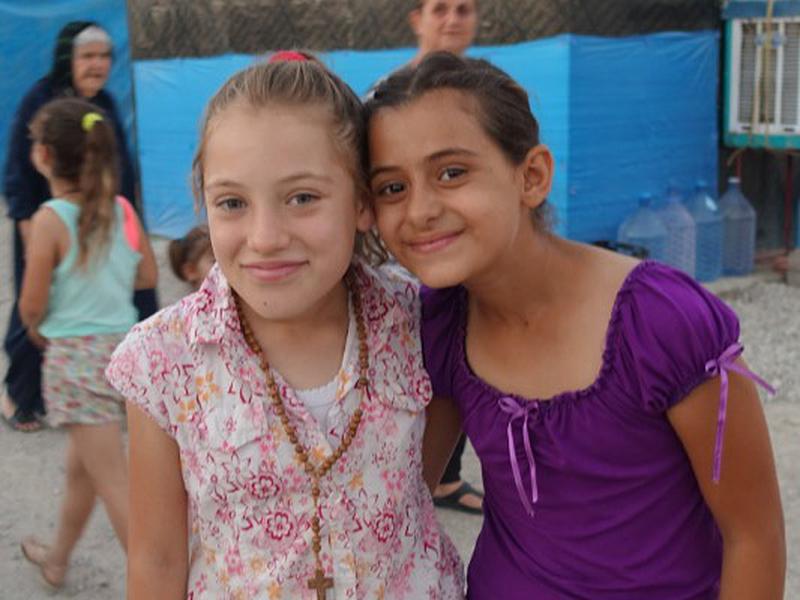Partnership in-kind
Can your business partner with Bread to provide in-kind donations that make an impact

Opportunity Details
Poor communities and displaced people are struggling to access primary healthcare. Deprivation during migration, poor living conditions and lack of adequate hygiene make refugees vulnerable to health risks.
In the West, regular hospital upgrades generate a large amount of useable but superseded medical goods which are unwanted in the West. These superseded medical goods could be redistributed to communities in desperate need in war or disaster affected countries.
Hunger and malnutrition continue to be a major concern for pregnant and lactating women and growing children among the displaced communities; many are chronically undernourished. Malnutrition in mothers impacts their infants as it hinders lactation. Many of the displaced communities are already affected by serious drought in East Africa and the Horn of Africa, resulting in an increase in malnutrition among displaced communities. Globally, refugee children, suffer from a lack of proper nutrition and food insecurity.
Within the agricultural industry, the dairy and grains industries have a remarkable opportunity to influence the nutritional needs of children. Undernourished children in refugee communities are often lacking in foods with high protein content, which are necessary for growth and cognitive development.
Australia is a major agricultural and dairy producer. We hope to partner with the farming communities to bring hope and nutrition to displaced communities.
BREAD see the value and effectiveness of in-kind donations. In our experience, coordinated in-kind donations will boost the donor economy and it will help the donor community to be directly and practically involved in the humanitarian intervention.
For further information:
Please feel free to contact Jude Simion, CEO of BREAD, on 0415 951 005 or email jude.simion@bread.ngo
